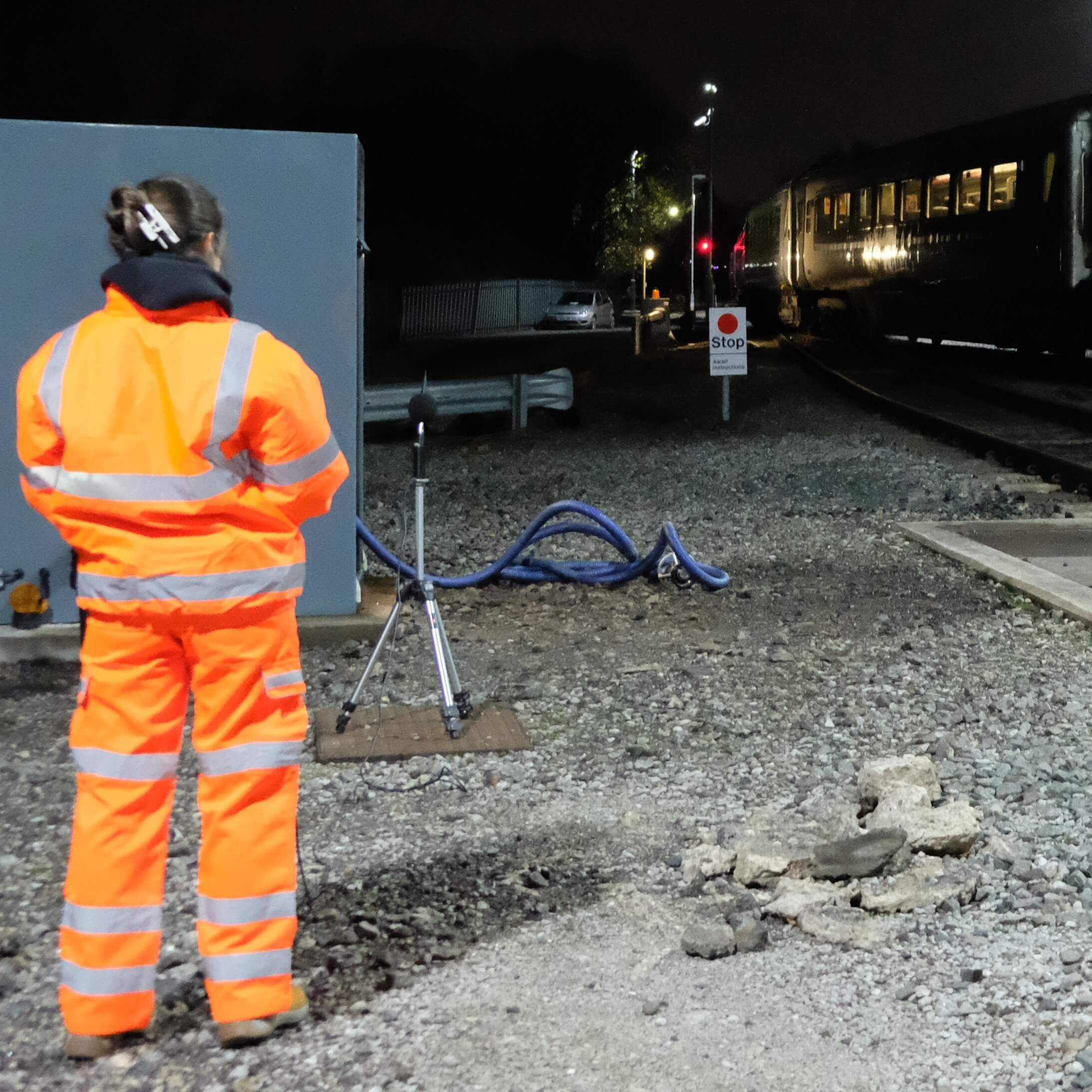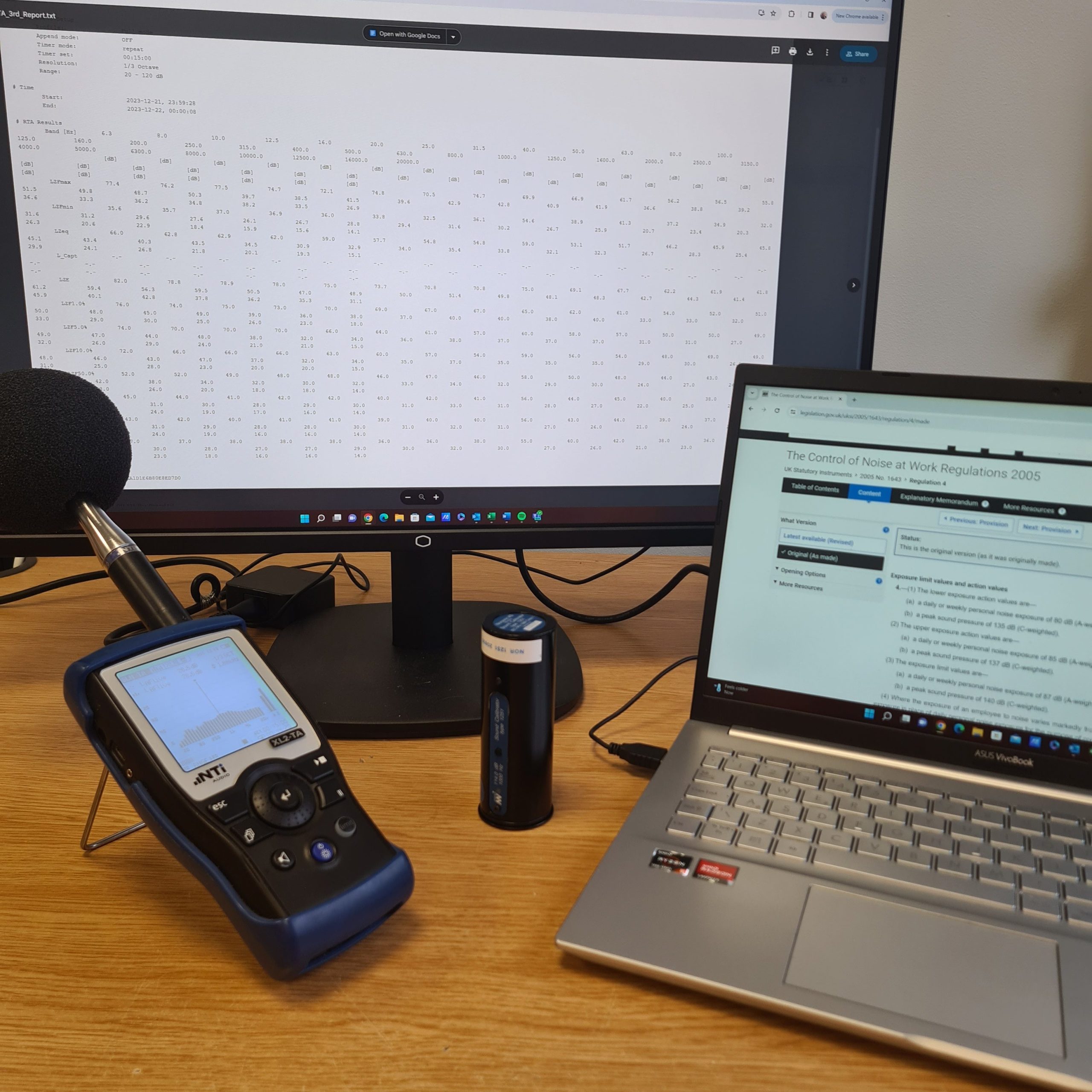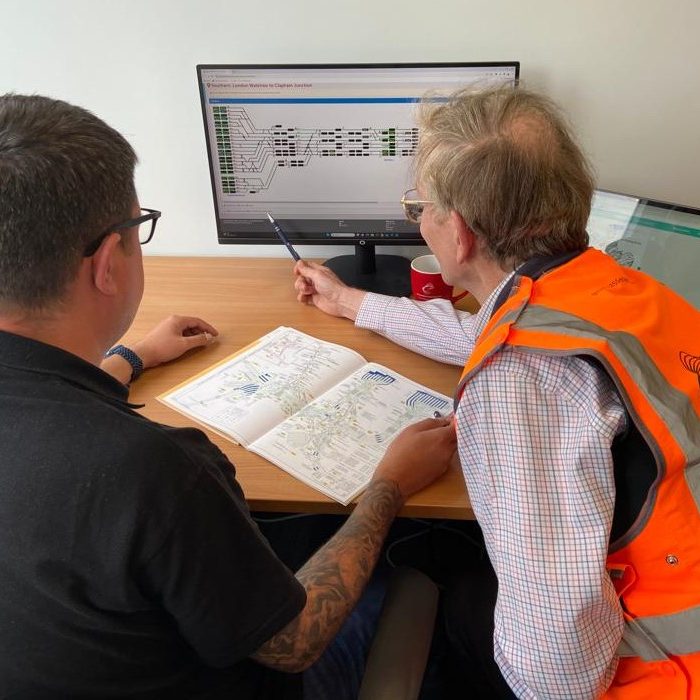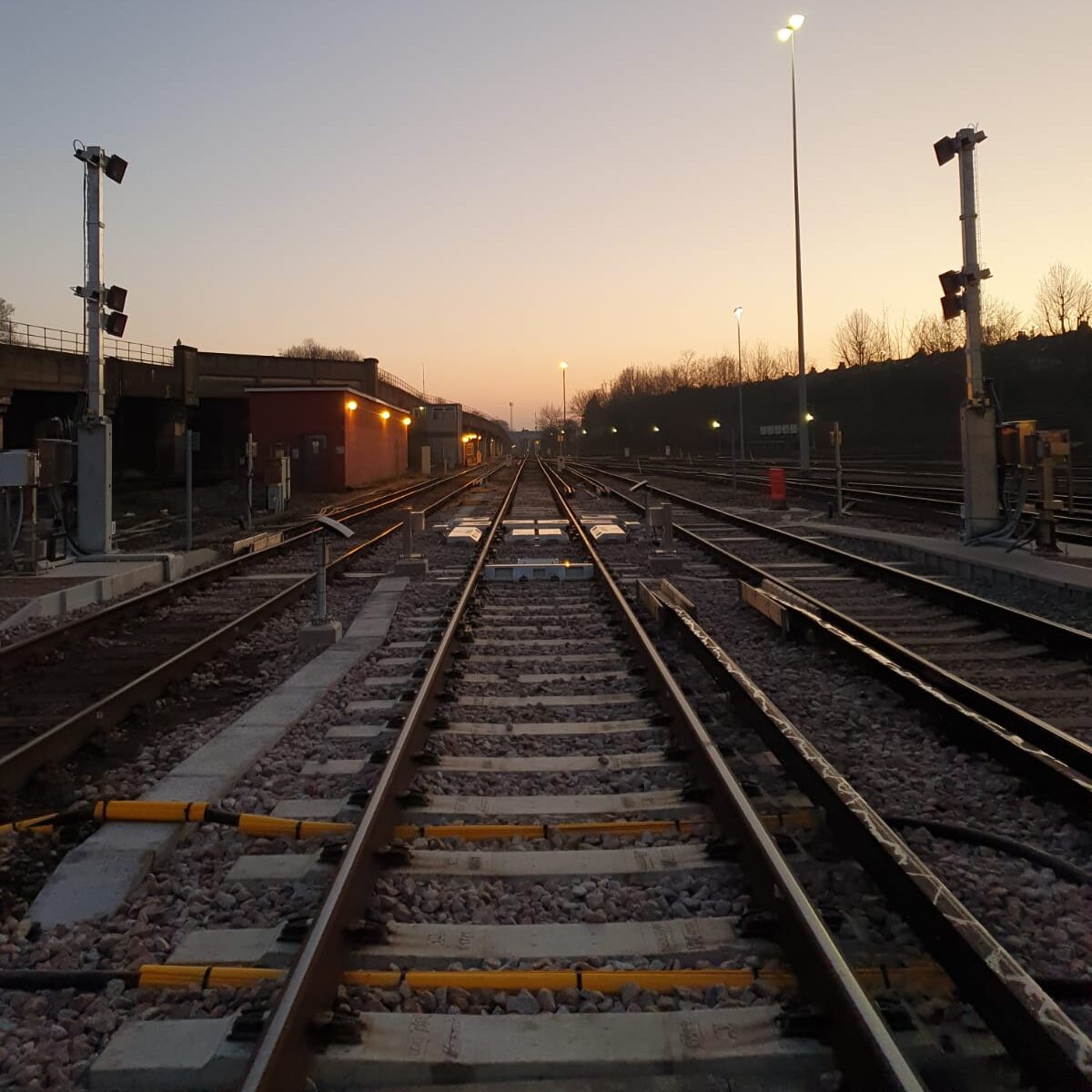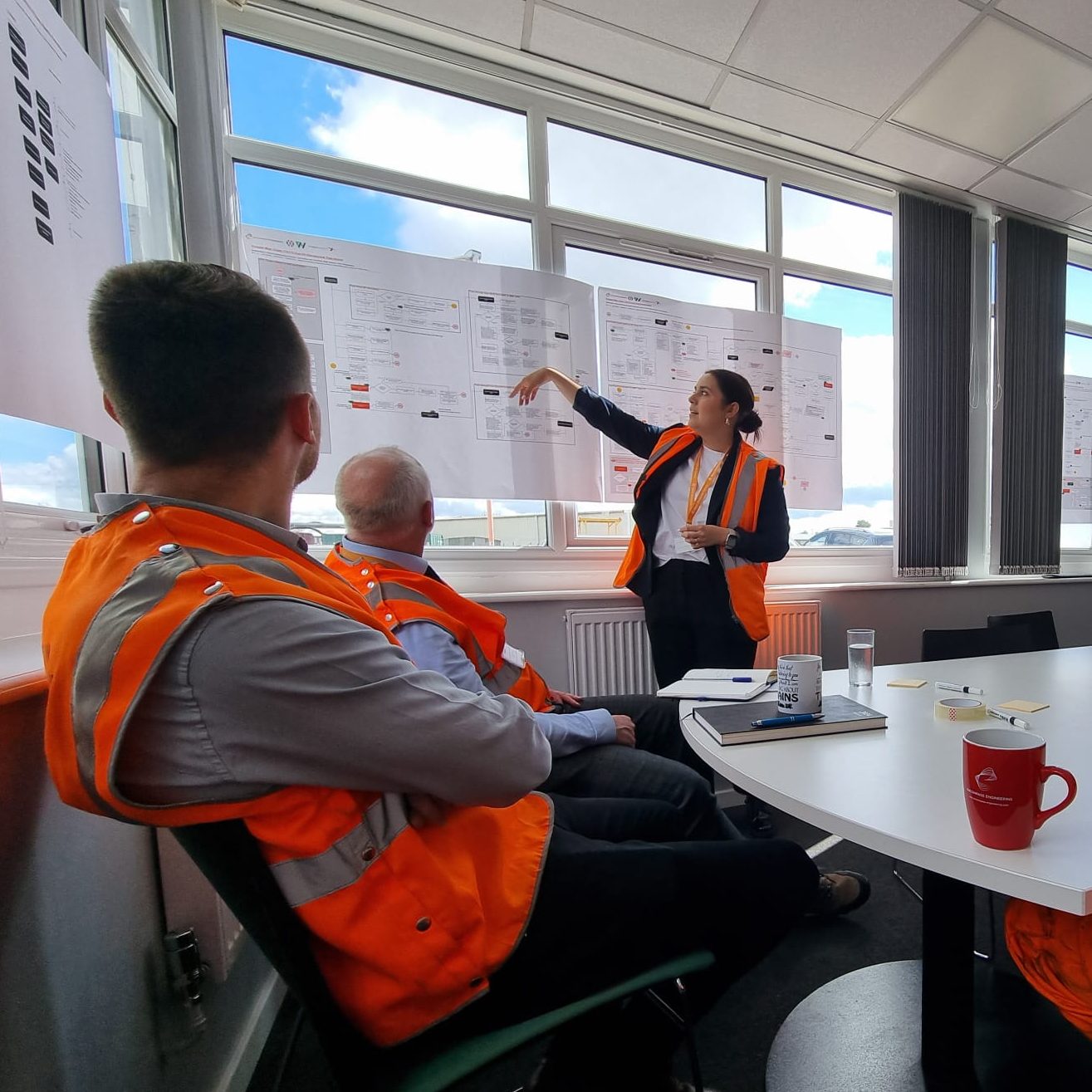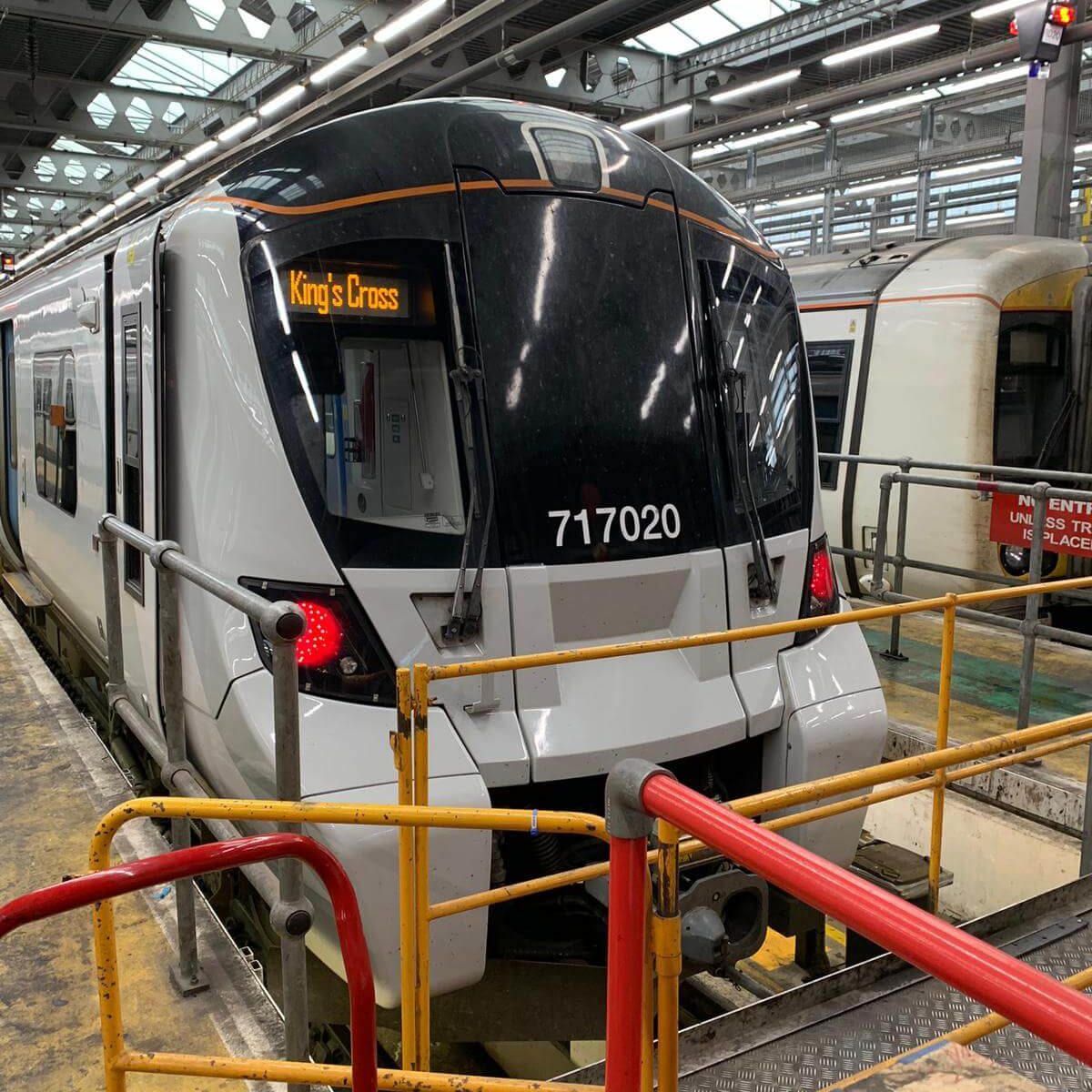The brief
Chiltern Railways approached us with two key objectives. Firstly, they required an initial noise assessment to measure and baseline the current noise levels at the Stourbridge depot. This would help establish a clear understanding of the noise impact. Secondly, they needed a depot-specific Noise Action Plan. This plan would not only help manage and reduce noise levels but also demonstrate to the local community that Chiltern was taking the issue seriously and was committed to making improvements.
The growing number of complaints, combined with the pressure from the Environmental Health Officer, made it essential for Chiltern to show that they were actively investigating the problem and taking meaningful steps to mitigate it.

